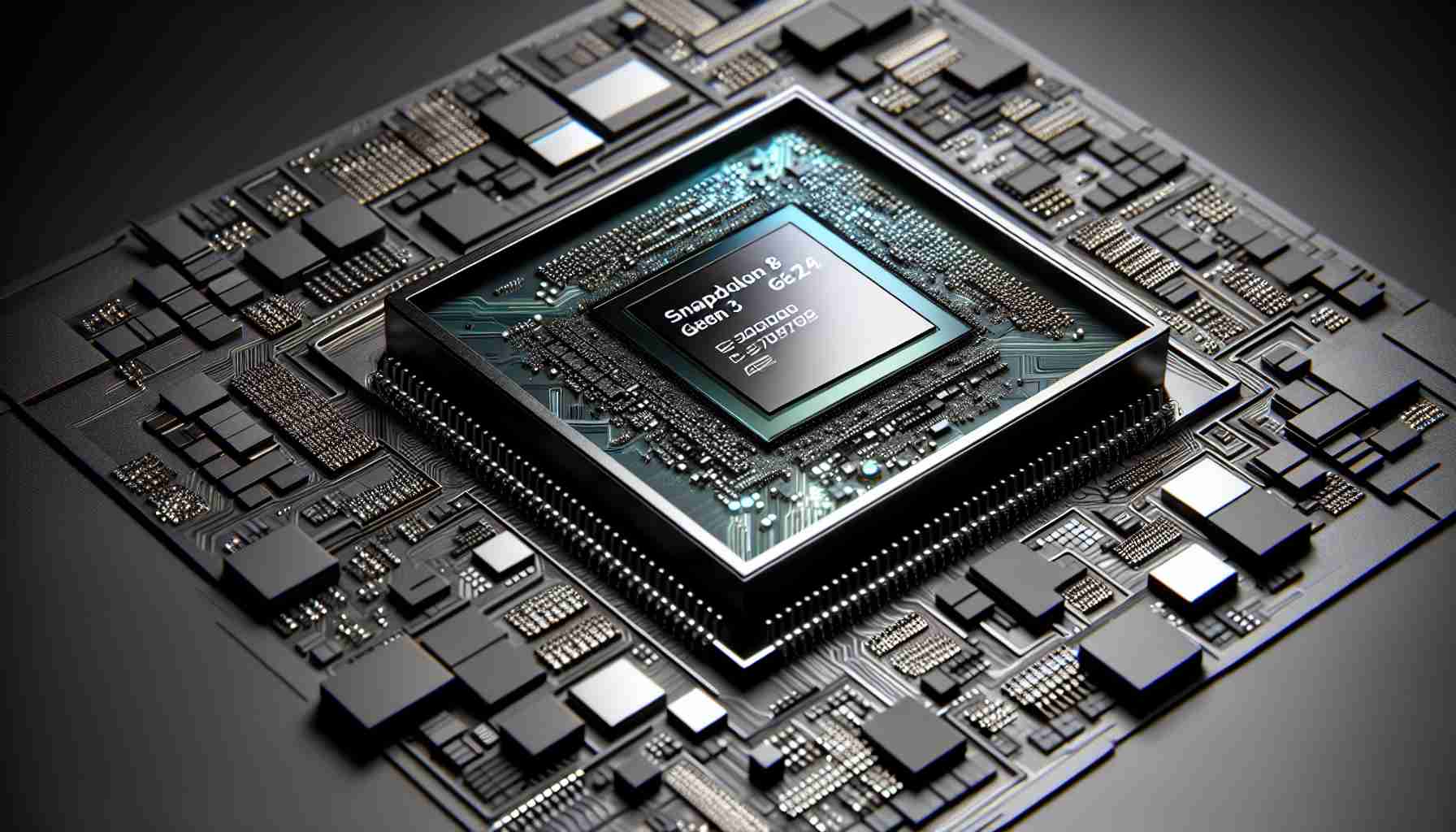The Powerhouse at the Heart of Cutting-Edge Smartphones
In the realm of premium Android smartphones, the Snapdragon 8 Gen 3 processor emerges as a key player, driving a host of flagship devices to new heights of performance and innovation. While some manufacturers like Google and Samsung are exploring alternative solutions, many of the top Android devices in 2024 are harnessing the power of this formidable chipset.
The new Snapdragon 8 Gen 3 is found in the heart of the Samsung Galaxy S24 series, particularly in the Ultra model for international customers. Despite Samsung’s partial shift back to Exynos chips for the S24 and S24 Plus models, the Snapdragon variant distinguishes itself with robust AI capabilities and a promise of seven years of software support, mirroring Google’s commitment for their own devices.
AI Prowess and Long-Term Reliability
This next-gen processor enables a suite of AI features such as Photo Assist for intelligent photo editing and Chat Assistant for message optimization. The Galaxy S24 series also delivers a seamless user experience, supported by AI functionalities that include Note Assistant and Circle to Search, akin to Google Lens.
Highly Anticipated Devices with Snapdragon 8 Gen 3
OnePlus’s latest offering, the OnePlus 12, boasts a minimal yet refined design coupled with the Snapdragon 8 Gen 3 chip. Despite its lack of IP68 certification, the device is IP65 water-resistant, houses a generous 5,400mAh battery, and is ready for intense gaming sessions thanks to its Dual Cryo-Velocity cooling technology.
On the other hand, the Asus Zenfone 11 Ultra diverges from its predecessor with a larger display and a beefier 5,500mAh battery. Asus finds a balance with AI, incorporating features like AI Transcript and real-time translation. This move towards smarter software positions the new Zenfone as a standout for users who value both performance and intelligent assistance.
Key Questions and Answers:
Q: What makes the Snapdragon 8 Gen 3 processor stand out in the 2024 market?
A: The Snapdragon 8 Gen 3 excels in AI capabilities, offering features such as Photo Assist for smart photo editing and Chat Assistant for optimizing messages. Its robust performance is coupled with a commitment to long-term software support, making it a compelling choice for top-tier Android smartphones.
Q: How does the Snapdragon 8 Gen 3 impact device longevity for consumers?
A: By promising up to seven years of software support, the Snapdragon 8 Gen 3 allows consumers to keep their devices up-to-date with the latest features and security patches, extending the usable life of the smartphone.
Q: Are there any controversies associated with the Snapdragon 8 Gen 3’s dominance?
A: While not a controversy per se, the reliance on a single chipset manufacturer like Qualcomm can raise concerns about a lack of competition in the market, potentially leading to less innovation and higher prices for consumers.
Challenges:
One of the challenges facing the Snapdragon 8 Gen 3 and similar processors is the balance between power consumption and performance. As powerful chips generate more heat, it becomes crucial to incorporate effective cooling solutions, like the Dual Cryo-Velocity technology in the OnePlus 12, to maintain performance without sacrificing device longevity or user comfort.
Advantages:
– Performance: The Snapdragon 8 Gen 3 offers top-tier performance for tasks such as gaming, multimedia consumption, and multitasking.
– AI Capabilities: Advanced AI features enhance user experience, providing intelligent assistance and improved functionality.
– Software Support: Extended software support means better long-term value for consumers and improved security.
Disadvantages:
– Cost: The premium performance of the Snapdragon 8 Gen 3 can lead to higher smartphone prices.
– Heat Generation: More powerful processors can generate additional heat, a potential concern for smartphone design and usage.
– Market Dominance: Qualcomm’s predominance in the high-end mobile processor market can limit chipset diversity.
If you would like to learn more about mobile processors and the technology behind them, you can visit the Qualcomm website at Qualcomm.
